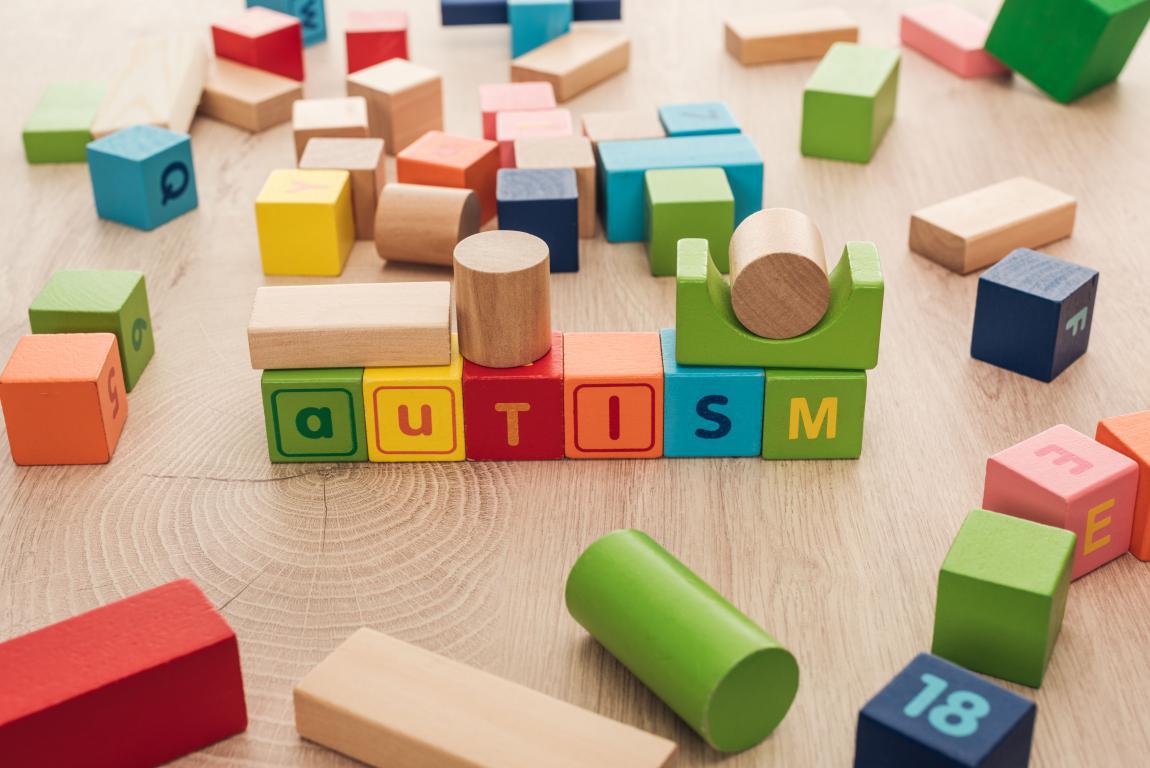Bio-degradable cards
Every card imaginable!
|
Bio-degradable cards Every card imaginable! Understanding Early Signs of Autism
Understanding Autism Spectrum Disorder (ASD): A Guide for Parents in the UK
DisclaimerThis information is based on NHS and National Autistic Society guidelines and is not a substitute for professional medical advice. If you're concerned about your child, please consult your GP or a healthcare professional.
Spotting Autism Early: A Supportive Guide for UK ParentsIf you're worried your child might be showing signs of autism, you're not alone—and spotting them early can make a huge difference. Autism Spectrum Disorder (ASD) is a neurodevelopmental condition that affects how a person communicates, interacts with others, and experiences the world. It varies widely—hence "spectrum"—and no two autistic people are exactly alike. Early recognition leads to earlier support, which research shows can dramatically improve communication, social skills, and independence.
On This Page

What Are the Early Signs of Autism in Young Children?Signs often appear in the first 2–3 years, though some emerge later. Not every child will show all of these, and some neurotypical children may display a few. If several persist or you're concerned, speak to your GP or health visitor.
Common early signs include:
Social Interaction
Communication
Behaviour and Play
Sensory Differences
The NHS and CDC recommend developmental screening at 18 and 24 months. Simple tools like the M-CHAT-R questionnaire can help identify potential risks early. 
What to Do Next If You're ConcernedTrust your instincts—parents are often the first to notice differences, and early action is key. Step 1: Speak to your GP or health visitor. Describe specific concerns (e.g., "My child isn't responding to their name or making eye contact"). You can take notes or use the NHS signs checklist. Step 2: Request a referral for an autism assessment. In England, you may have "Right to Choose" options for faster private providers funded by the NHS. Step 3: While waiting, seek interim support—many areas offer pre-diagnosis help via Early Years teams, portage services, or charities. No diagnosis needed for initial help: Schools and nurseries can implement strategies (e.g., visual supports) right away—talk to your child's SENCo if they're in education. Remember: Long waits are common (over 227,000 open referrals in England as of September 2025), but support can often start sooner. 
How Is Autism Diagnosed in the UK?There's no single blood test or scan—diagnosis is based on detailed observation of behaviour, developmental history, and input from parents and carers. A multi-disciplinary team (including psychologists, speech and language therapists, and paediatricians) assesses against established criteria (DSM-5 or ICD-11), focusing on social communication challenges, restricted interests, and repetitive behaviours. In the UK, demand has surged. As of September 2025, over 227,000 people in England alone are waiting for assessments, with around 90% facing waits longer than the NICE-recommended 13 weeks—often over a year. Regional variation means some families get faster access, while others feel stuck. A formal diagnosis is transformative: it unlocks education support (EHCPs), benefits, and tailored interventions.
Why the Sharp Rise in Autism Diagnoses in the UK?The increase isn't due to more autism appearing—it's almost entirely better recognition. Key factors:
Unfortunately, funding for post-diagnosis support hasn't kept pace, leaving many families without adequate help for mental health, education, or employment. 
Common Myths About AutismHere are some of the most persistent myths about autism, along with the facts that debunk them: Myth: Autism is caused by vaccines or bad parenting. Fact: Decades of large-scale research, including studies by the NHS, CDC, and World Health Organization, have found no link between vaccines (such as the MMR) and autism. Autism is a neurodevelopmental difference with strong genetic roots, present from birth—parenting styles do not cause it. Myth: All autistic people have intellectual disabilities or "savant" abilities (like extraordinary mathematical or artistic talent). Fact: Intellectual ability varies widely. Many autistic individuals have average or above-average intelligence, while some have intellectual disabilities and others have exceptional skills in specific areas. The "savant" stereotype applies to only a small minority and overlooks the diversity of autistic experiences. Myth: Autistic people lack empathy or don't want friends. Fact: Many autistic people feel empathy deeply—sometimes overwhelmingly—but may struggle to recognise or express it in neurotypical ways (known as the "double empathy problem"). Most do want connections and friendships, though they might prefer smaller groups, deeper interests, or different ways of socialising. Myth: Autism only affects boys. Fact: Autism occurs across all genders, but girls and women are often underdiagnosed because their traits can present differently—they may "mask" or camouflage symptoms more effectively, leading to later diagnosis or misdiagnosis with other conditions. Myth: Autism can be "cured" or outgrown. Fact: Autism is a lifelong neurotype, not a disease. With the right understanding and support, autistic people can learn strategies to navigate the world more easily and lead fulfilling lives, but the goal is acceptance and accommodation, not "curing" who they are. Myth: Autistic children are always disruptive or poorly behaved. Fact: Behaviours that seem challenging (such as meltdowns) are usually responses to sensory overload, anxiety, or communication difficulties—not deliberate misbehaviour. With appropriate support, these can often be reduced or better managed. Understanding these myths helps create a more inclusive and supportive environment for autistic individuals and their families. 
How Early Intervention Can Transform OutcomesThe evidence is overwhelming: the earlier support begins—ideally before age 3—the better the long-term results. High-quality early intervention can significantly improve language, social skills, adaptive behaviour, and overall independence. Approaches include:
Parent training is especially powerful—it helps you support your child day-to-day and reduces family stress. In the UK, access remains uneven. Contact your local Early Years team, health visitor, or charities for what's available in your area. Take action today: If something feels off, trust your instincts. Speak to your GP, request a referral, or use free resources from trusted organisations. You're already taking a positive step by learning more—early action truly gives children the best chance to thrive. Autism is a difference, not a deficit—many autistic people lead fulfilling, happy lives with the right understanding and support.
Useful UK Resources
If concerns are urgent, call NHS 111 or speak to your health visitor.
© 2024 The Card Project Uk Ltd
VAT: 453 2087 06
|